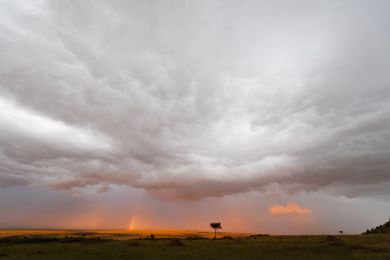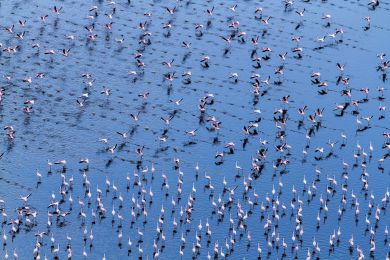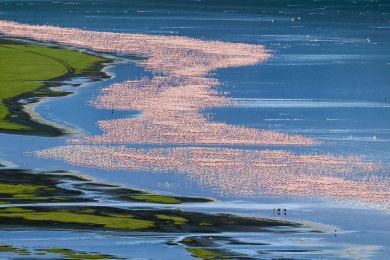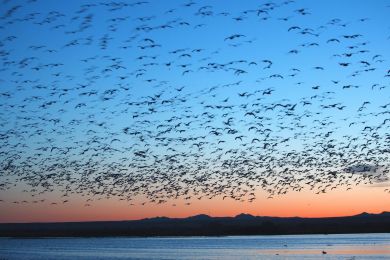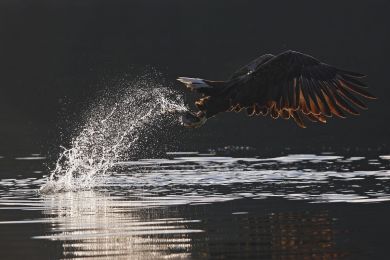By buying this product you can collect up to 178 loyalty points. Your cart will total 178 points that can be converted into a voucher of 35,60 €.
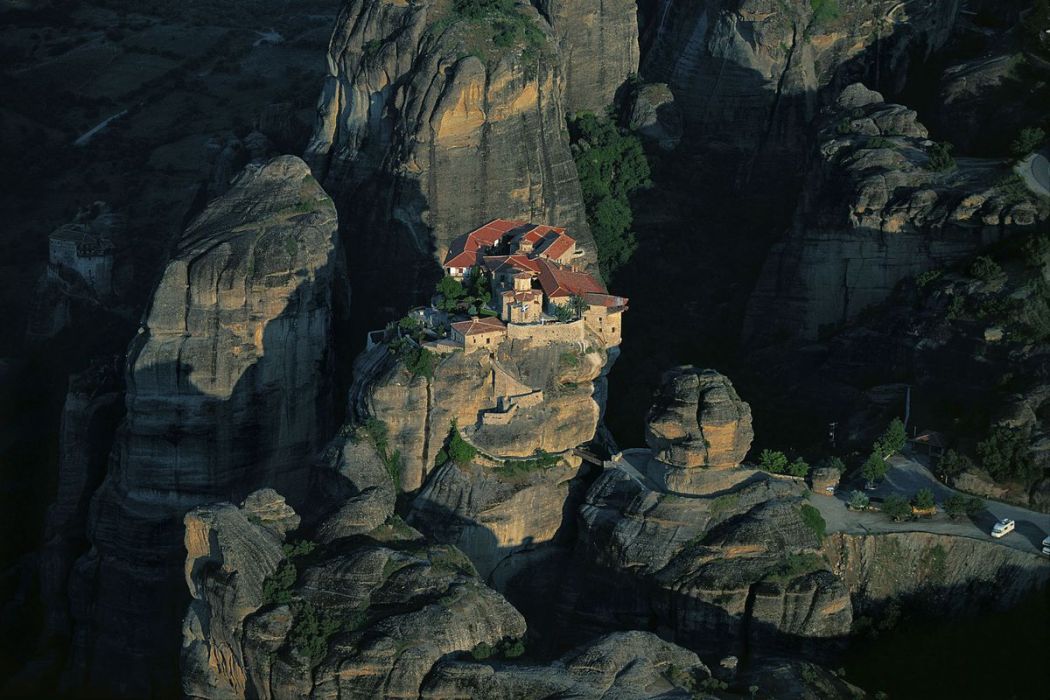 View larger
View larger
Picture information
Meteora Monastery, Greece
Yann ARTHUS-BERTRAND
Art Photography by Yann ARTHUS-BERTRAND, Meteora Monastery, Thessaly, Greece. From the northeastern part of the Thessalian plain rise the Meteora, sandstone peaks sculpted by river erosion during the Tertiary period.
Data sheet
| Orientation | Landscape |
| Color | Red |
Meteora Monastery, Greece
Yann ARTHUS-BERTRAND
Art Photography by Yann ARTHUS-BERTRAND, Meteora Monastery, Thessaly, Greece. From the northeastern part of the Thessalian plain rise the Meteora, sandstone peaks sculpted by river erosion during the Tertiary period.
Fine Art Photography
Print by Experts
100 % Made In France
A recognized expertise, a search of permanent quality.
Printed by a professional photographic laboratory.
All prints are made to order, controlled by the Technical Director.
A certificate of authenticity is provided with each photograph.
Framework made by selected materials to give you the best results. every step of the processing is monitoring by experts.
Loyalty points
Gift Card
Don't miss the opportunity to do the best present...
The whole Yann Arthus-Bertrand photos available with Hemisgalerie gift card.
Lets your guest choose the best image.
Amount from 50 €, create and download directly on our website, valid for one year including promotions.
The original gift for all events
More info
From the northeastern part of the Thessalian plain rise the Meteora, sandstone peaks sculpted by river erosion during the Tertiary period. Monks established themselves there during the eleventh century, seeking solitude on the summits of these rocky towers. Gradually, there grew up a large community of hermits who, between the fourteenth and sixteenth centuries, built twenty-four monasteries that perch between 655.8 and 1967.4 feet (200 and 600 m) above the Pindus valley. For a long time, access to the monasteries was possible only by means of winches and ropes. Only in 1920 were steps and footbridges built to allow tourists to visit these sites, which have been on UNESCO’s World Heritage list since 1988. Most of these meteorisa monastiria (suspended monasteries) are in ruins today. Only five, three of which are occupied, are still open to visitors.





















































